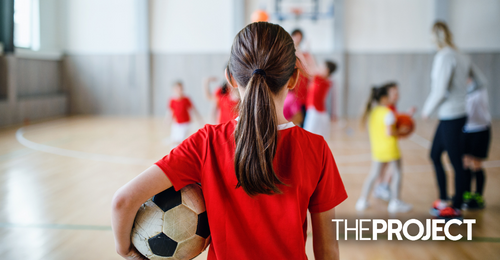In a study out of Victoria University, the most comprehensive of its kind in Australia, spoke to 886 adults, asking whether they had experienced physical, sexual or psychological violence, as well as neglect, from either coaches, peers or parents during childhood.
82% of the adults who were sampled, reported reported experiencing at least one form of interpersonal violence when participating in community sport as a child.
Out of the four of interpersonal violence experiences, one in three said they had experienced all four forms of violence.
67% had experienced psychological violence or neglect.
66% reported physical violence.
38% per cent reported sexual violence.
The 886 adults sampled represented a variety of different sports, with almost 70 represented. Although the large number appear shocking, study co-author Mary Woessner says they are on par with what they were expecting.
"From the literature, and knowing what's happening internationally, I would say that's right about what we were expecting," Dr Woessner told the ABC.
"We just want people to know it exists, so we can make evidence-based decisions to change it." She said.
Dr Woessner's co-author, Aurélie Pankowiak, also outlined the explicit examples of violence the survey covered.
For psychological violence, participants were asked whether they had been insulted, threatened or humiliated (for example by being bullied, given an unwanted nickname or otherwise ostracised).
For neglect, for example, participants were asked if they had experienced being refused time off for medical injuries.
"We had very concrete examples of different types of violence, so we did not leave it up to the person's interpretation of whether or not what they experienced was violent," Dr Pankowiak told the ABC.
The authors advised it can take victims a long time to recognise that what they experienced constituted violence.
"The average reporting time for sexual abuse can be 20 years or longer," Dr Woessner said.
"At the moment we have a system that relies on children telling us what happened while knowing that the vast majority of literature says they won't [come forward] for years to come.
"That's why in this study, the easiest and safest way of collecting this data was to do it retrospectively [by asking adults]."





























